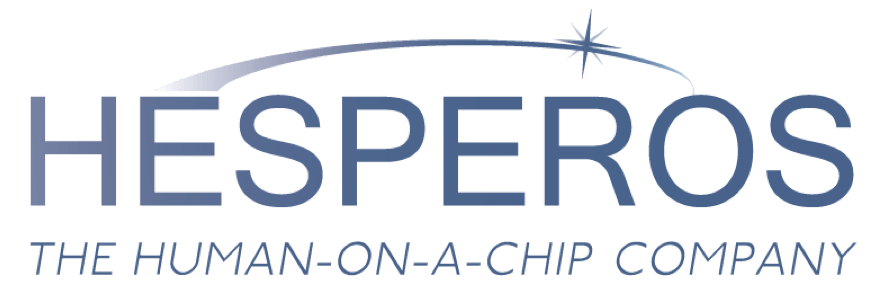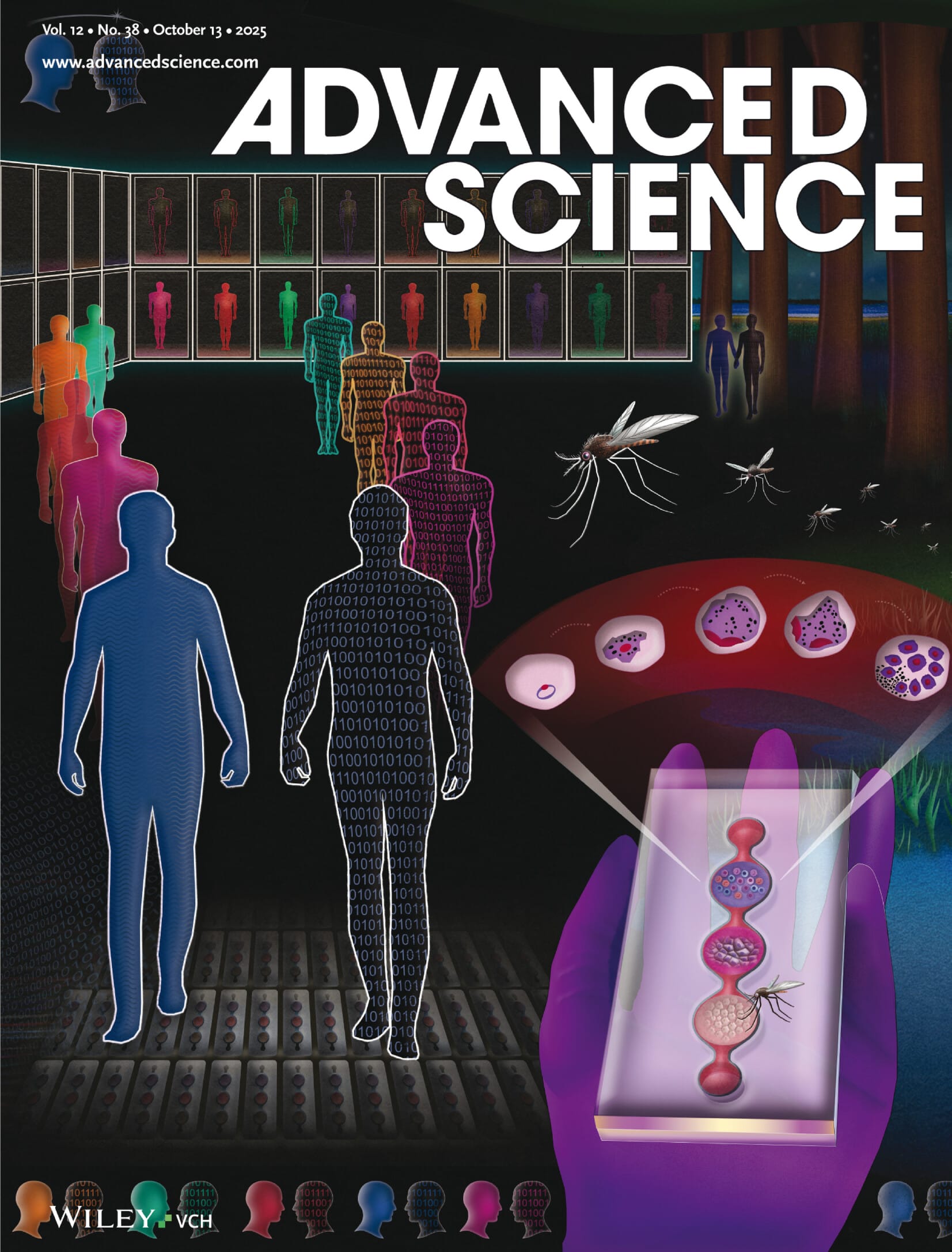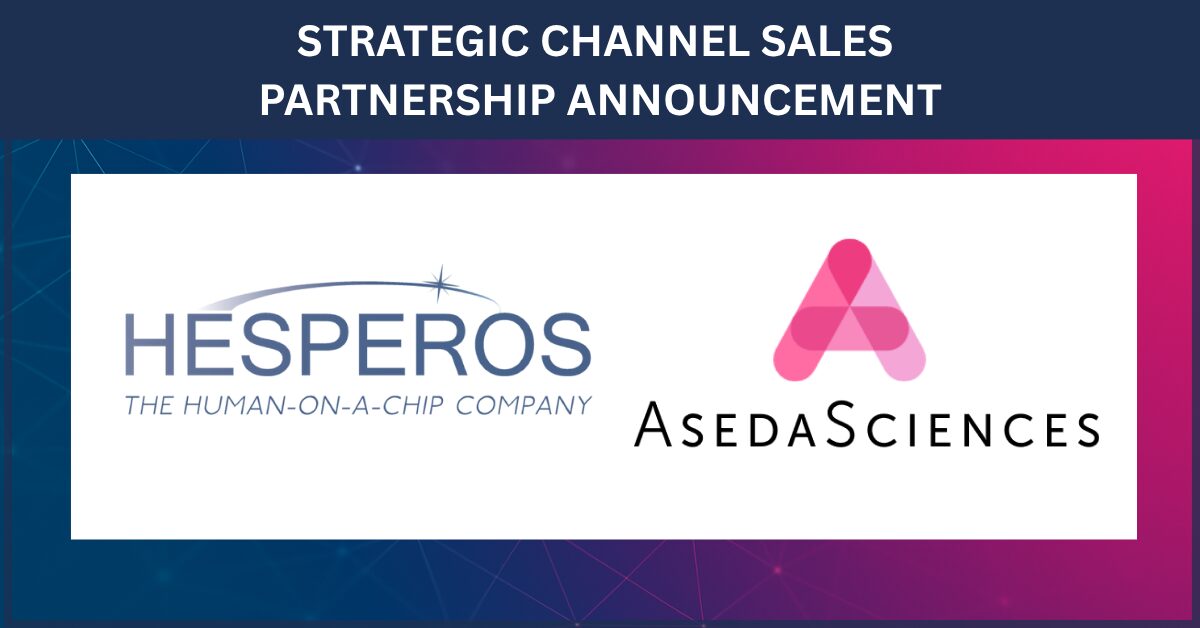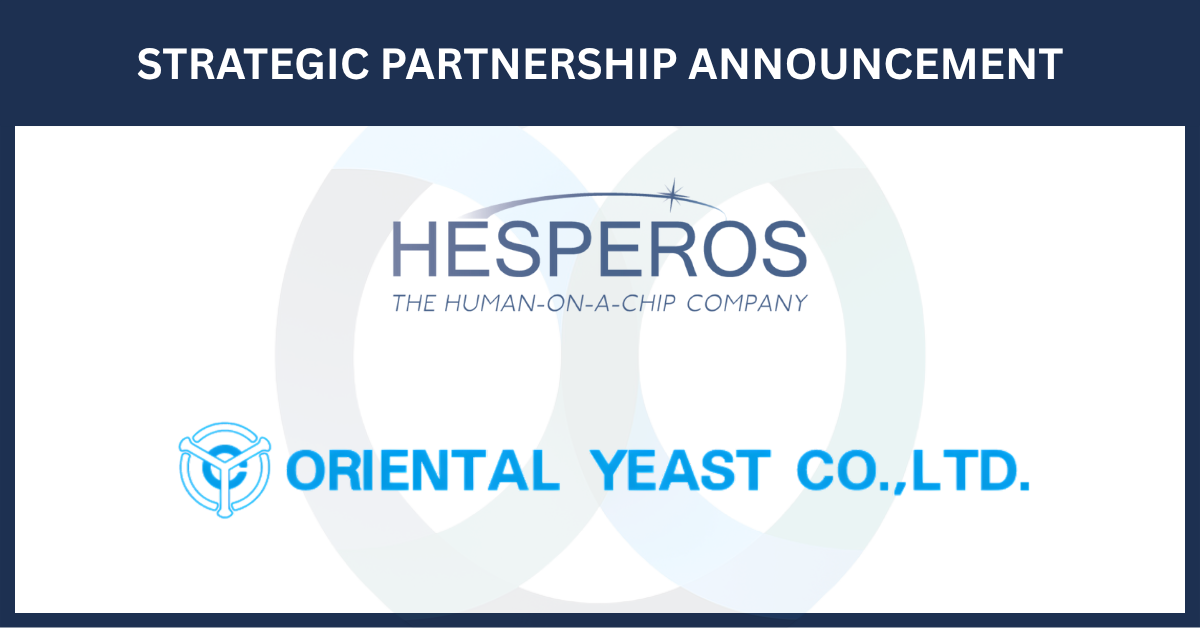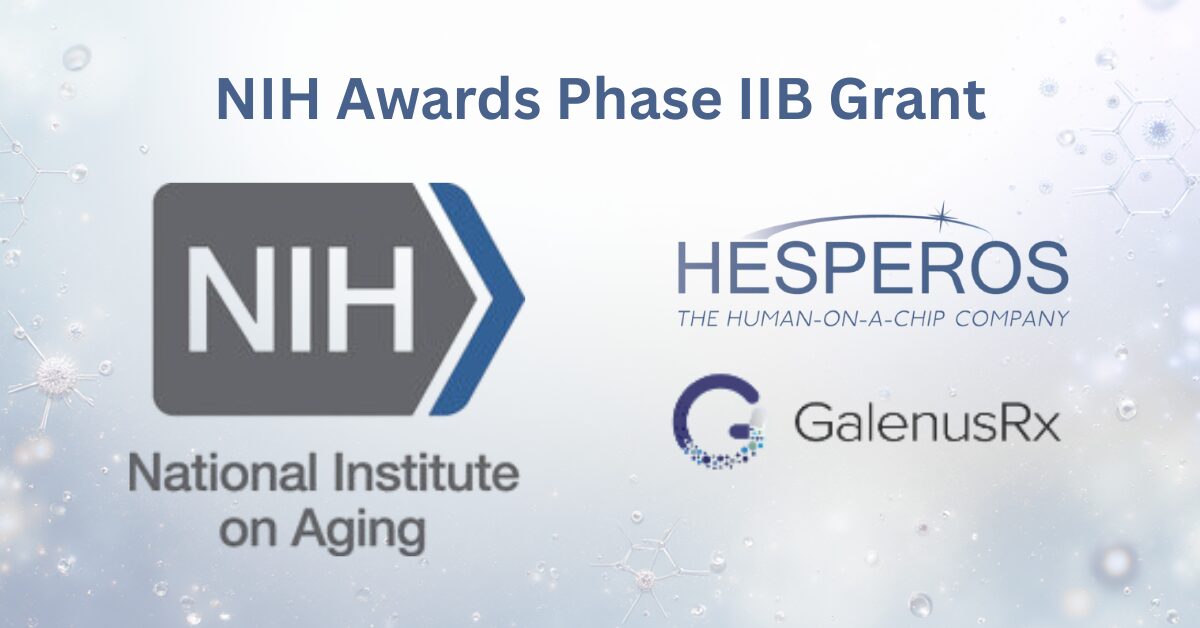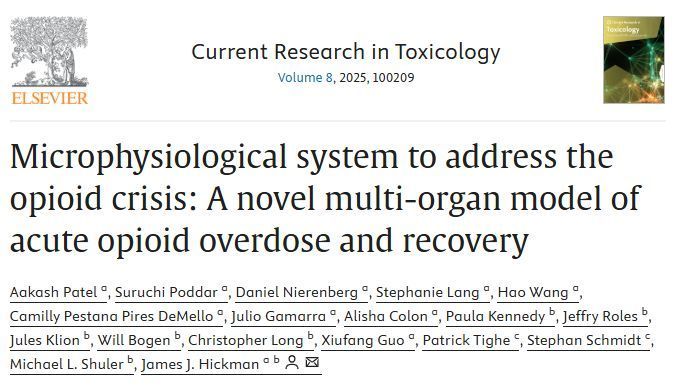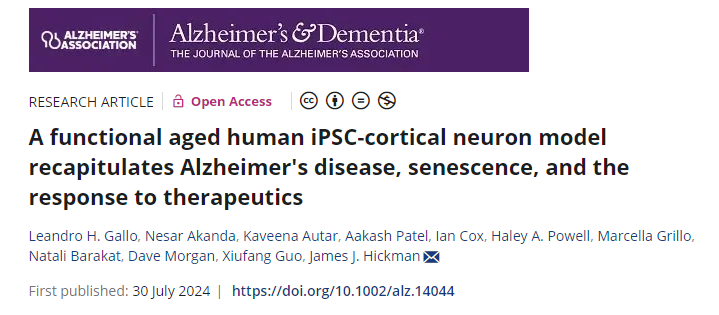“[This] is a demonstration of how these novel technologies can be leveraged to develop a new treatment paradigm – moving away from the one-treatment-fits-all perspective and towards the development of personalized medicines,” Mihael H. Polymeropoulos, M.D., … Read More
ORLANDO, FLORIDA – Researchers from Hesperos and the University of Central Florida have developed a groundbreaking model using human induced pluripotent stem cell (iPSC)-derived cortical neurons to better understand and combat Alzheimer’s disease (AD). Their research, published in Alzheimer’s and Dementia, aims to improve our understanding and treatment of the disease.
Hesperos Appoints L. Florin as CEO “I am excited to join Hesperos during this period of explosive growth […and] lead this exceptional team as we continue delivering breakthrough solutions that advance drug discovery and benefit patients … Read More
PRESS RELEASE: Hesperos announces its Human-on-a-Chip® technology supported Dianthus Therapeutics’ FDA submission for a Phase II trial of DNTH103 for generalized myasthenia gravis.
ORLANDO, FLORIDA – Researchers from Hesperos and the University of Central Florida have developed a groundbreaking model using human induced pluripotent stem cell (iPSC)-derived cortical neurons to better understand and combat Alzheimer’s disease (AD). Their research, published in Alzheimer’s and Dementia, aims to improve our understanding and treatment of the disease.
